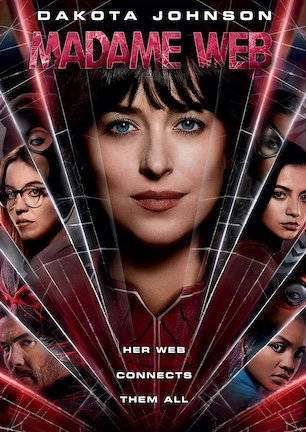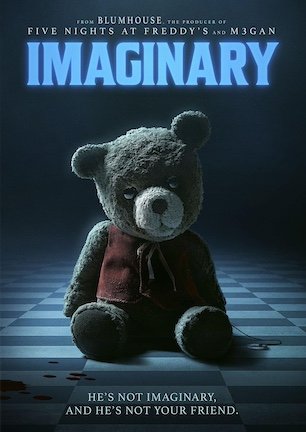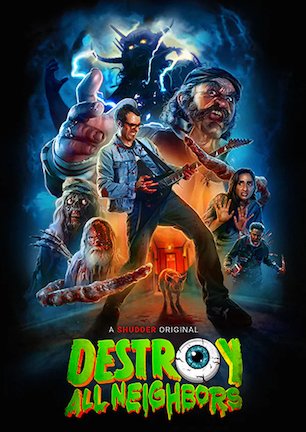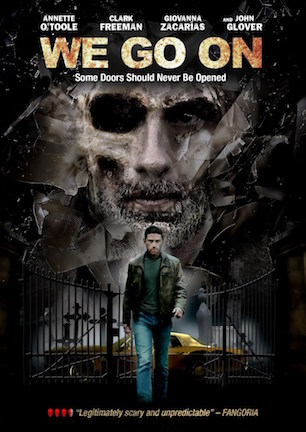Studio: Magnet Releasing
Director: Aharon Keshales, Navot Papushado
Writer: Aharon Keshales, Navot Papushado
Producer: Chilik Michaeli, Avraham Pirchi, Tami Leon, Moshe Edery, Leon Edery
Stars: Tzahi Grad, Lior Ashkenazi, Rotem Keinan, Dov Glickman
Review Score:
Summary:
A grieving father of a murdered child, the prime suspect in the crime, and a detective investigating the case cross paths as the mystery connecting them unfolds.
Review:
A young girl’s headless body is discovered in the woods. A schoolteacher accused of the crime repeatedly professes his innocence. A grieving father craves vengeance. And a loose cannon cop goes outside the lines to bring his target to justice. Sounds like the cable guide summary to any average rerun of “Criminal Minds” or “Law and Order: Criminal Intent.” Under a less focused vision, “Big Bad Wolves” could have settled for being similarly disposable entertainment. But filmmakers Aharon Keshales and Navot Papushado slide so much casual intensity into such simple concepts that their film transcends the tropes and transforms into a wickedly stylish thriller.
The kidnapping kickstart plays out under opening credits before skipping to a point in the timeline when the investigation has been botched, the prime suspect has been released, and the police have resorted to less than official methods of extorting a confession from their target. Being dropped at the midpoint puts the audience in a starting spot where all lines are blurred and grey is the only color shading each person.
The directors double down on a confident choice to cast the viewer as an impartial spectator capable of determining his/her own feelings about the trauma that transpires. Details about the crime, the case, and the characters come without a predetermined morality. There is no perspective pushed forth about who is guilty, who may be in the wrong, or who should be viewed as hero or villain. That setup keeps the film from becoming a routine police procedural crime thriller and allows individual scenes to create drama through uncertain emotions.
Top suspect Dror looks the part of a homicidal pedophile. Hair receding into wayward curls. Lenscrafter eyeglasses matched with department store sweater vests. And a simultaneous nervousness mingled with strange self-assuredness covers him in the perfect amount of is he or isn’t he doubt. His initial torture elicits vengeful cheers until bloodlust turns into sympathy. The pain goes too far and doubt shifts to the interrogators. There is a constant seesaw of unbalanced allegiances. “Big Bad Wolves” is a textbook example of how conflict creates tension, and that conflict is a war waged inside the viewer, the absolute best place any filmmaker can put it.
Since debuting on the festival circuit, the enormous praise heaped upon “Big Bad Wolves” has rightly focused on creators Keshales and Papushado as well as their titanium chain of a cast where every actor is a strong link. But director of photography Giora Bejach must also be singled out for exceptionally sharp cinematography that casts one of the film’s strongest spells. Lush landscapes and snow-dusted mountainsides draw easy attention to themselves in movies with naturally beautiful settings. Bejach has only drab interiors and nondescript woodlands to work with, yet finds creative ways to make ordinary visuals match the mood.
The camera moves often, and there are times when an obsession with forward and backward dollies along with an overuse of slow motion cuts close to being too noticeably fluid. But the camera-motivated theatrics are rarely so arty that they do not fit the film, which by nature of the title, is intended to have a slight fairy tale fantasy tone.
Where that tone drifts is in comedic touches. Levity is welcome when toenail rippings, finger snappings, and blowtorch burnings make up a heavy bevy of onscreen proceedings. Yet the emphatic turn into intentional chuckles two-thirds of the way in cheapens some of the impact and starts fraying edges on an otherwise tightly wound spool. The smirking shift also paves a path with caramel gravel. “Big Bad Wolves” starts sticking in place when it lingers too long in several back half distractions. The momentum is never completely undone, but the break in rhythm does introduce unneeded choppiness.
With a revenge drama core exploded from a theme of torture, “Big Bad Wolves” finds ways to walk a careful line by avoiding exploitation and exhibiting control. Less thoughtful efforts would be more graphic with the violence, and might opt to depict the murdered child centerpiece as a bloodied corpse without its head. “Big Bad Wolves” puts the camera elsewhere. Showing a trail of gummy worms ending in pulled down panties is less direct, yet more psychologically effective at evoking horror in as demure a manner as is cinematically possible.
The movie demonstrates restraint when needed, humor when wanted, and stunning imagery constantly. Above all, it delivers gripping action, divisive personalities, and memorable setpieces. To put it another way, “Big Bad Wolves” is everything new age noir should be.
Review Score: 80







How someone who sees this in a theater or without a notepad can keep everyone and their relationships straight, I have no idea.